− In your publications you frequently mention that the main reasons behind the war in Ukraine are the NATO-enlargement and the non-compliance with the Minsk agreements. Do you think we could have avoided the war if the US and the Western countries had seen Russia as a partner rather than an evil adversary regarding these issues?
− Without question this war could have been avoided. US diplomats warned Presidents from Clinton onward against NATO enlargement to Ukraine and Georgia. As late as December, 2021, Russia put forward proposals to avoid the war in a Draft US-Russia Treaty on Security Guarantees. At the core of the draft treaty was an end to NATO enlargement. There were other issues raised by Russia, involving the placement of troops and military bases, and the deployment of nuclear weapons. These too merited negotiations, though the US clearly would not have accepted some of Russia’s draft proposals. The bottom line for Russia was US respect for Russia’s national security, which was threatened in Russia’s realistic view, by NATO enlargement.
Unfortunately, the US refused to negotiate over NATO enlargement. NATO policy holds that no third country, meaning Russia, can interfere with NATO enlargement. That is an arrogant position that definitely contributed to this war.
− Jens Stoltenberg made two recent statements stating that Ukraine belongs to the NATO. How does this kind of rethoric affect the risk of escalation?
− Stoltenberg has been the lead cheerleader of NATO enlargement, together of course with the UK, which is historically filled with Russophobia, and alongside US hardline neoconservatives. Stoltenberg seems to believe that such cheerleading is his job as NATO Secretary-General. In my view, Stoltenberg has been deeply irresponsible. Russia will never accept NATO enlargement to Ukraine.
Either it will defeat Ukraine outright on the battlefield, or it will continue fighting a long war of attrition, or it will escalate to nuclear weapons if threatened with military defeat.
In short, there is no realistic path to NATO enlargement to Ukraine.
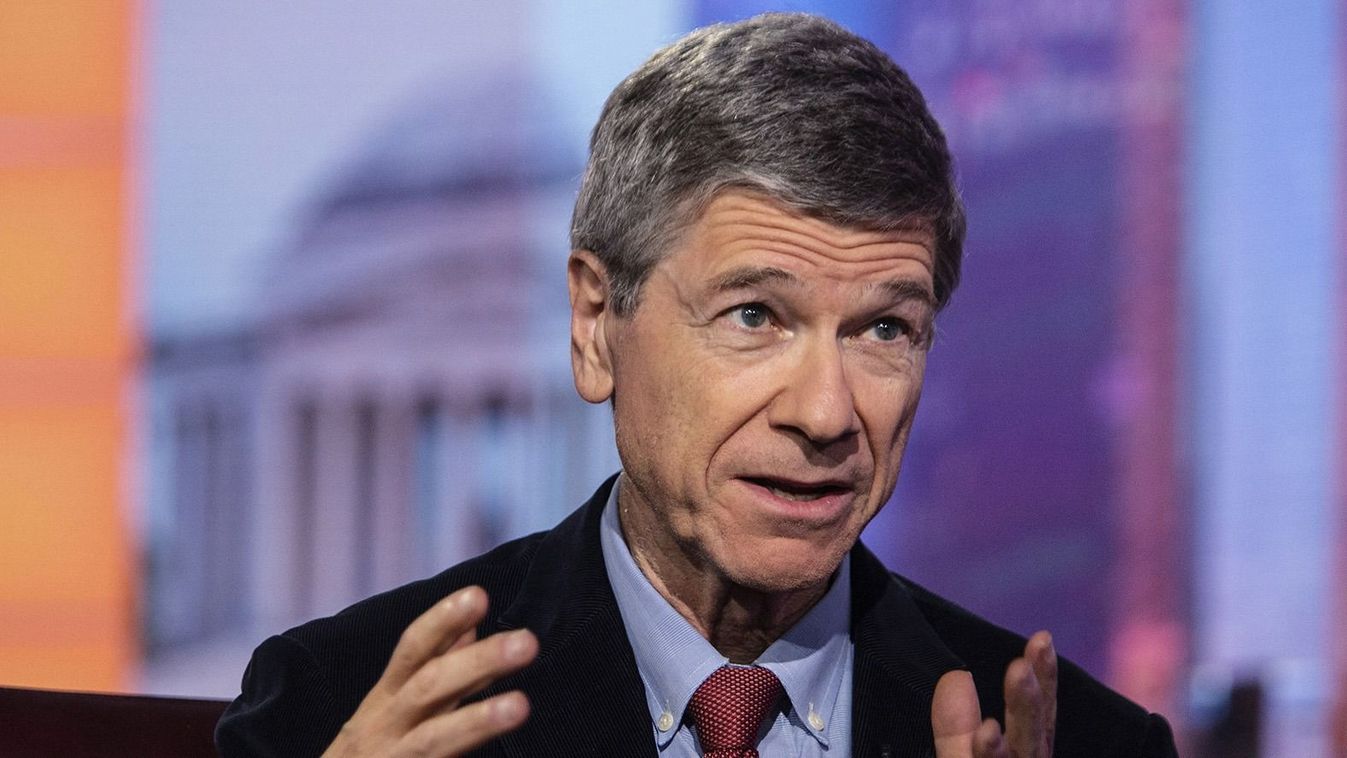
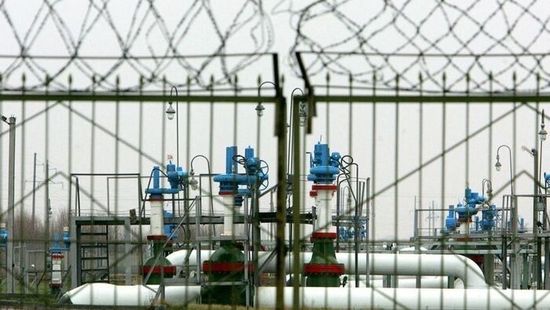
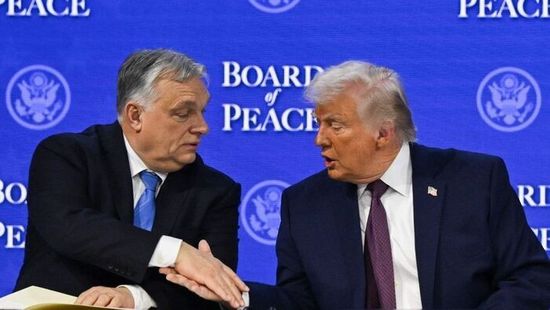
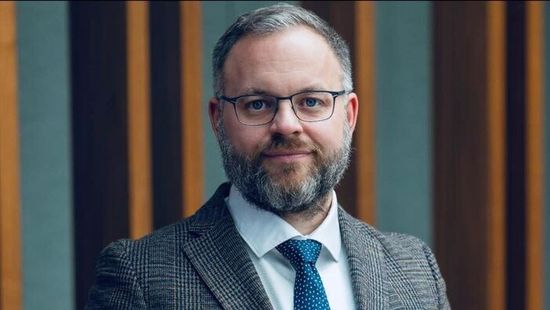
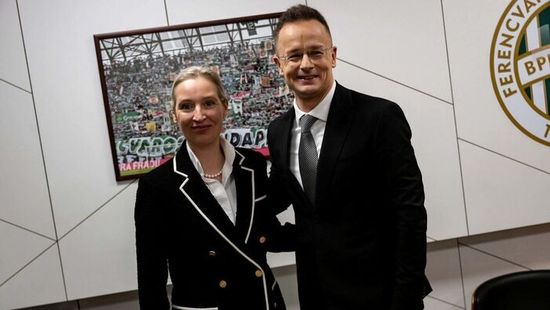

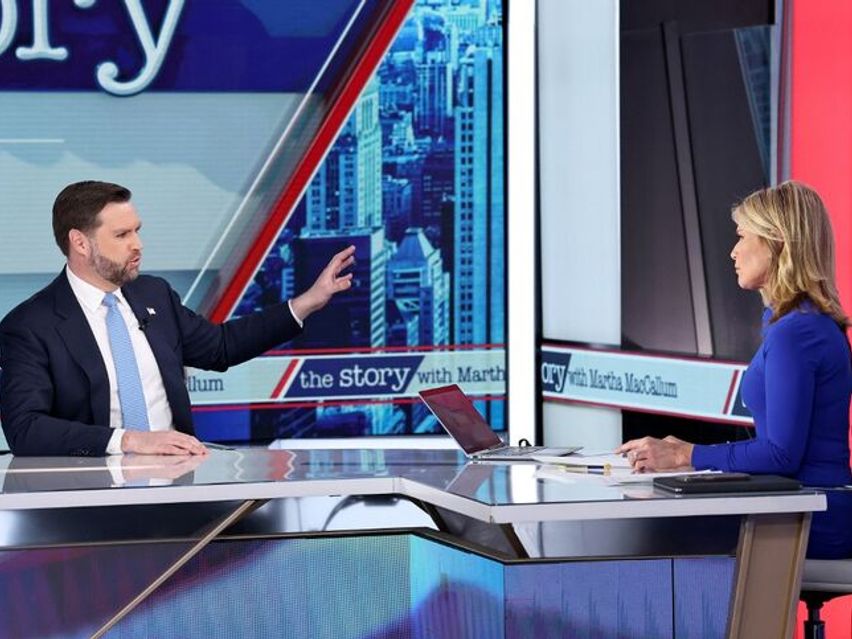
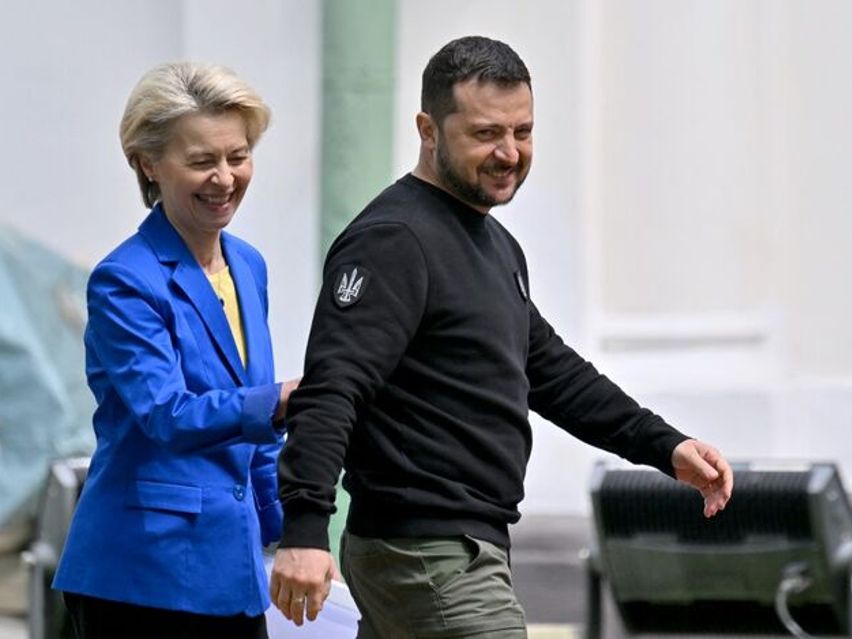
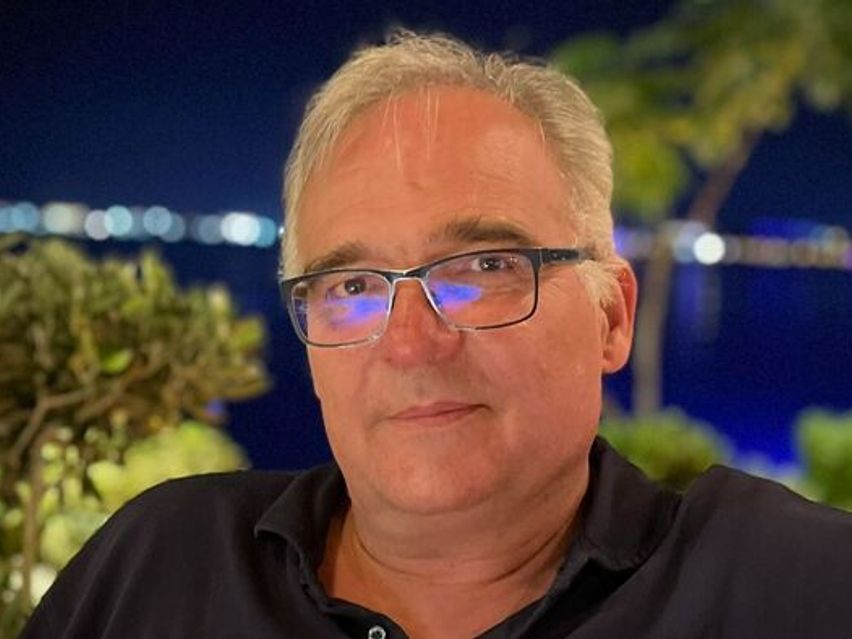



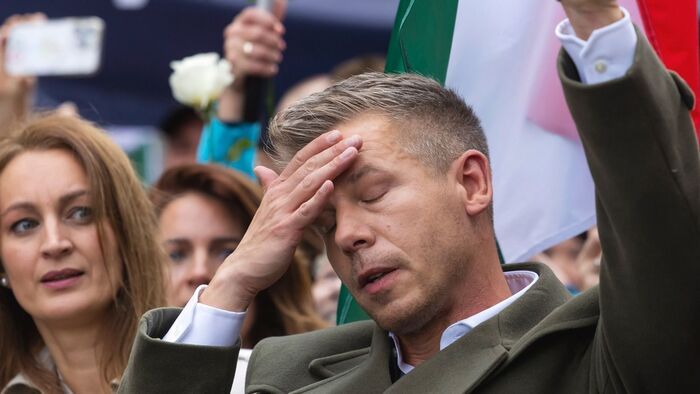

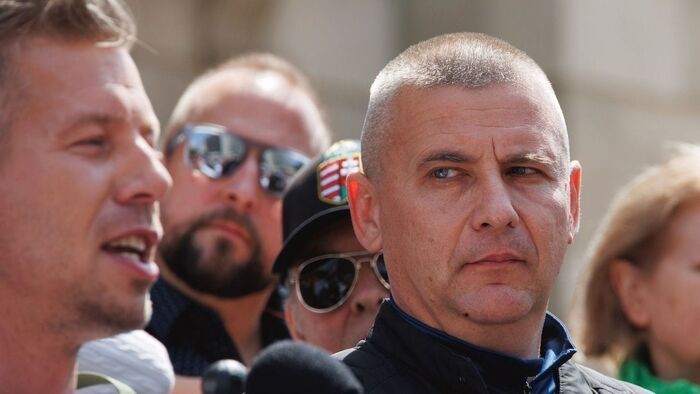

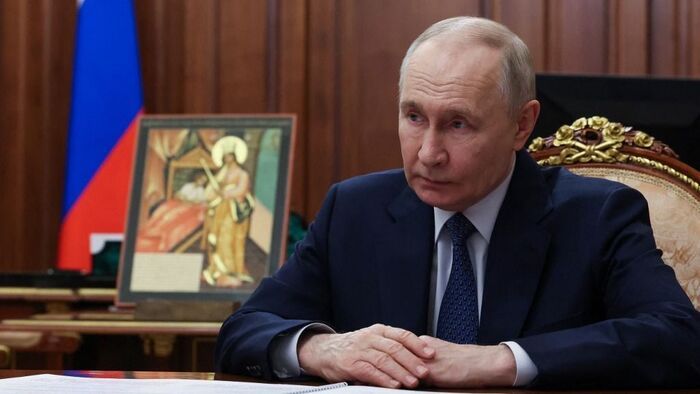
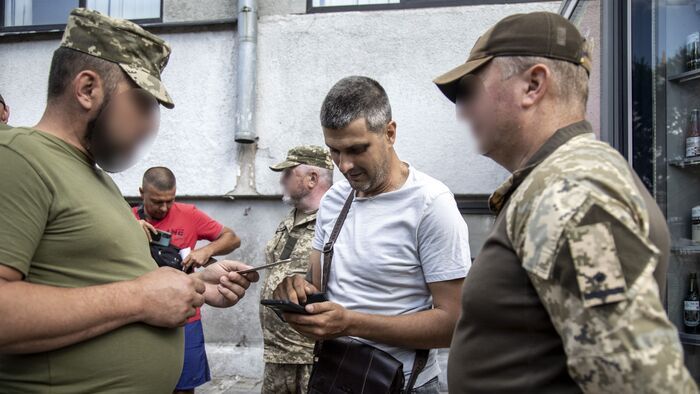

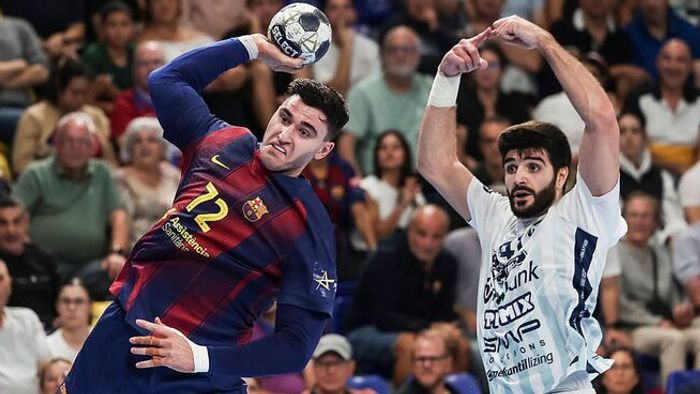
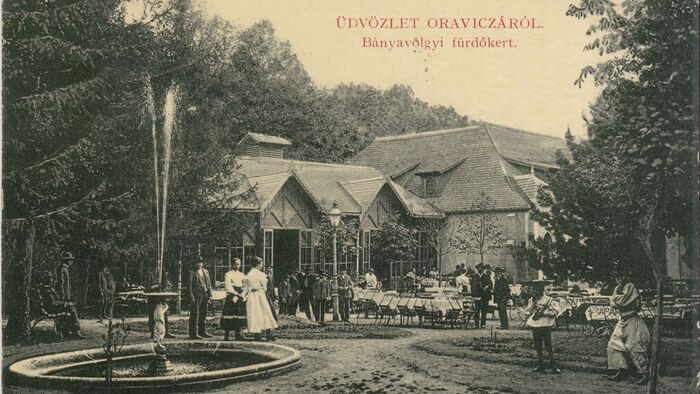
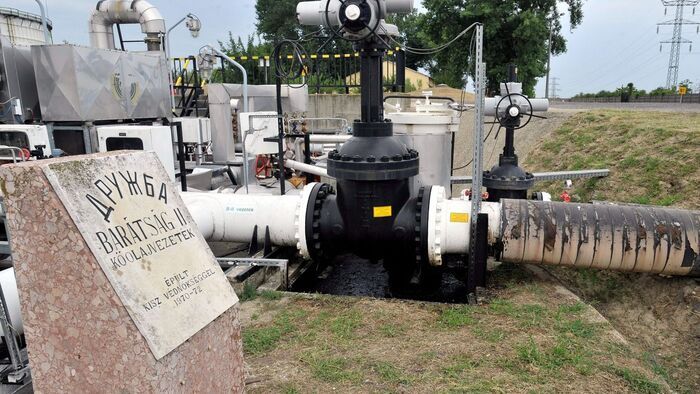

Szóljon hozzá!
Jelenleg csak a hozzászólások egy kis részét látja. Hozzászóláshoz és a további kommentek megtekintéséhez lépjen be, vagy regisztráljon!